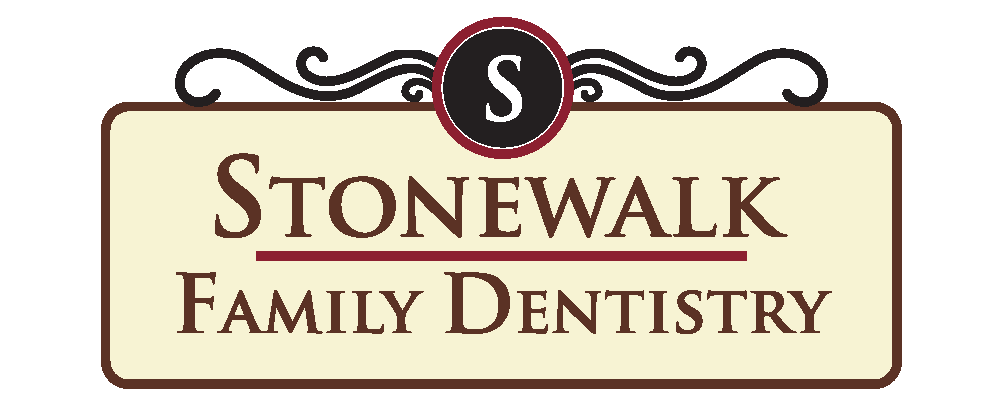The Effects of Impacted Wisdom Teeth on Your Oral Health
After your baby teeth fall out during childhood, your permanent adult teeth emerge from your gums, including your third set of molars. It is quite common, however, for the wisdom teeth to fail to emerge from the gums, or only partly emerge. When these molars don’t emerge because they are blocked by other teeth, they are referred to as impacted wisdom teeth. Sometimes, impacted wisdom teeth are highly painful, but other times they can be entirely painless and cause no immediate problems. However, even if they don’t hurt, they could cause oral health issues down the road.
What Causes Impacted Wisdom Teeth?
At any time between ages 17 and 25, your third set of molars is supposed to erupt. Often, impacted wisdom teeth occur when these third molars do not have enough room to emerge or develop normally, typically because they are blocked by other teeth, so they either partially erupt (where some of the tooth is visible) or they do not erupt at all (fully impacted).
Why Might Impacted Wisdom Teeth Be a Problem?
Regardless of whether your wisdom teeth are partially or fully impacted, if the teeth do not have enough room to fully emerge and develop, they can grow at odd angles, such as towards the back of the mouth or towards the second molars, or they can grow “lying down.” Impacted wisdom teeth can even stay stuck in the jawbone, pressing on the bone and the nerves around it, or they can possibly twist. Partially impacted wisdom teeth are also very difficult to clean, so plaque and tartar can accumulate quite easily, causing infection, gingivitis, and other problems.
Symptoms of Impacted Wisdom Teeth
Talk to your dentist if you experience any of the following symptoms of impacted wisdom teeth:
- Prolonged jaw pain
- Swelling around the jaw
- Occasional difficulty opening your mouth
- Tender or bleeding gums around the back of your gums
- An unpleasant taste in your mouth
- Bad breath
- Prolonged headaches that seem to stem from the jaw
- Swollen lymph nodes in the neck
These symptoms can also indicate further complications with wisdom teeth that are impacted, such as infection, damage to your jaw or other teeth, gum disease, or tooth decay. If you have an impacted wisdom tooth along with these symptoms, you may need to have your wisdom teeth removed.
Long-Term Effects of Impacted Wisdom Teeth
If you ignore these symptoms, the effects of not removing impacted wisdom teeth can be quite detrimental to your oral health in the long run. The difficulty removing plaque can cause an infection called pericoronitis, which can cause bad taste, bad breath, pain, swelling, and difficulty opening your mouth. Tooth decay and gingivitis can also result from impacted wisdom teeth, which can lead to more severe forms of gum disease and tooth loss. If wisdom teeth are impacted, a cyst, abscess, or even a benign tumor can form beneath or near the tooth, causing damage to the jawbone, nerves, and the teeth. Should this happen, your oral surgeon may need to remove tissue and even bone to rectify the problem. Finally, impacted wisdom teeth can damage or push the second molars, causing damage or dental misalignment, which may require braces to fix in the future.
Wisdom Teeth Help: Removal
Often, if you have symptoms accompanying wisdom teeth that have not emerged, your dentist will recommend removing the impacted wisdom teeth. It is best to have this done as soon as possible, as the effects of not removing impacted wisdom teeth also include the strengthening of the roots, meaning that removal becomes more difficult the longer you wait. If you are concerned that your wisdom teeth are impacted or that there may be more pressing problems related to impacted wisdom teeth, contact our skilled team of dental professionals by calling (770) 777-1911 or filling out our short online form to schedule an appointment.
More articles

2022
Bad Breath: Rumors, Truths & Misnomers
From the foods we eat, to the medicines we take, what we ingest from day-to-day has the potential to greatly affect our bodies – particularly our breath. When it comes to halitosis, the scientific name for bad breath, there are a number of bad breath causes that you may have never considered. In addition to proven causes and cures, bad breath rumors often circulate, making it difficult to determine fact from fiction when sifting through the helpful pieces of oral hygiene advice.

2022
Plaque Removal / Tartar Prevention Between Visits
Here’s a dentist joke for you: what is gross, sticky, and really bad for your teeth and gums? It’s plaque, which turns into tartar and can lead to all kinds of oral health problems. And, in reality, fighting back against plaque and tartar on your teeth is no joke! Plaque is one of the primary causes of tooth decay and gum disease, but not many people really know what it is or how to prevent it. So, here’s what you need to know about plaque and tartar — what it is, how to prevent it, and how to get rid of it between dental visits.

2022
How to Choose the Best Mouthwash for You!
Whether you are new to the different types of mouthwashes, you’re realizing the one you are using isn’t working out, or you just want to find something different, choosing the right type of mouthwash for you can be a daunting task. The oral health aisle at any store typically has a floor-to-ceiling selection of mouthwash options, all making different claims with different ingredients. To make your choice a little easier, here is our helpful guide for choosing a mouthwash that’s right for you.
